Here’s something I want you to remember: broken record record-breaking.
Early on in a recent talk about eco-anxiety, “Keeping cool amid the climate crisis,” researcher and educator Britt Wray pauses on that term: Broken record record-breaking.
Coined by an artist collective, the Bureau of Linguistical Reality, broken record record-breaking speaks to the numbness we feel when media outlets find new and horrifying ways to alert us that, yes: today was f’n hot and our climate is changing in the wrong direction.
Yet, we feel not the need to act, but instead are paralyzed by quiet terror. Slow shock. Déjà vu.
The media reports record highs in the moment because it’s a record—sometimes with an urgent call for change. But it’s no longer altruistic: visuals of destruction are more lucrative to media platforms than producing programming that causes an audience to act in its own best interests—be it survival of the individual or as a species.
I highly recommend both her talk and newsletter: it’s climate reporting with a healthy dose of relevancy.
My theory is that we’re seeing the same thing happening with cars.
There have always been record breakers in the car world, make no mistake, but in the last 10 years especially, more vehicles have gotten faster in more ways than ever before.
The automotive media, myself included, is often reporting superlatives in price, power, acceleration, and so on. This slowly normalizes a certain level of technology and expectations for both car enthusiasts and the greater car industry, which in turn, reacts as best it can to the information available.
If we react positively to ever-faster, expensive, and profitable machines, by god: they’ll build ‘em.
I’d simply like to acknowledge this cycle exists and suggests that we’re trapped in it.
Since there’s no law (yet) that requires every new vehicle sold to be a Citroën Oli EV—what to do?
Fundamentally, marketing and propaganda are attention-seeking industries linked like step-siblings to a shared but ever-absent parent.
Without getting into the media theory that will fully inoculate you against propaganda, all you need to do right now is to notice, pause, and acknowledge your internal reaction to superlative-sounding information.
Consider your response in the moment to the following kinds of records:
- Top speed
- Acceleration times
- Automaker claims
- Nürburgring laps
- Non-racing lap times in general
Notice. Pause. Acknowledge your reaction.
Thank you for reading may I drive your car?. This post is public so feel free to share it.
Here at MIDYC, I’m speaking to an audience of automotive writers, thinkers, and diehard enthusiasts
Sorry, but we’re the ones who help to set the tone for how superlatives are perceived.
Be it on Twitter, Threads, Tik-Tok, or YouTube, how we talk and write headlines about vehicle “firsts” and “bests” matters greatly downstream.
Never before have there been so many vehicles in production capable of ripping our faces off as there’s been a lack of genuinely affordable first, second, or third-hand cars for the people who actually want to buy cars. Kevin Williams summed this up neatly in regards to the EV market:
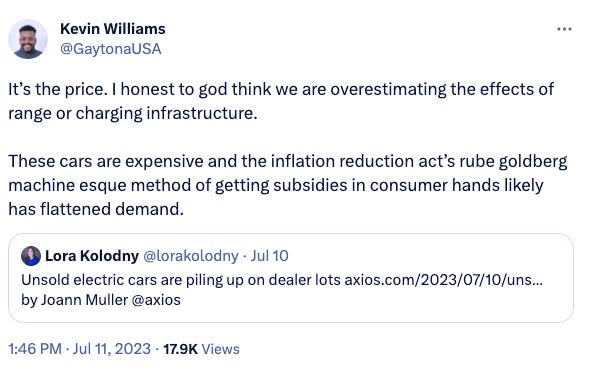


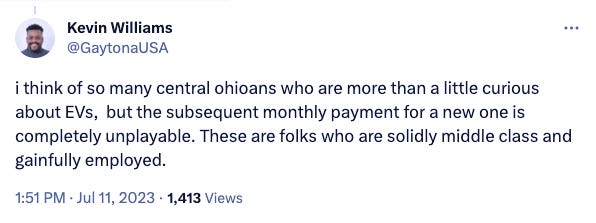
Chinese automakers aren’t leading the world in New Energy Vehicles (NEVs) because government subsidies received had been used to compete in top-level motorsport, to slay Rimac, Bugatti, and Koenigsegg hypercars…or to build more profitable-but-pricey trucks and SUVs.
Crucially, NEV subsidies in China were spent to develop products for the largest market able to buy them.
In the West, entire segments of the population are being left behind. Broken record record-breaking.
We celebrate the winners and lack resolve to improve the rest of the field.
How we strive for and laud records matters.
Try me, car people: Which vehicle holds the record as the most efficient mid-sized electric SUV? Which manufacturer builds the lowest drag vehicles overall? Which car does the least expensive or least environmentally destructive 0 to 60 mile commute?
Few industries are as wedded to statistics as automotive and the act of trying to show BEST OF proof for a press release.
Selfishly: what’s the best for me?
I truly do not care about the superlatives any more…because I have had plenty of practice noticing, pausing, and acknowledging them.
The 2.1s to 60 mph cars blur together with the 200+ mph cars, and I am left happily daydreaming about getting another Citroën 2CV or smart fortwo 451 because they were so damn fun, cheap, and efficient to live with.
Notice. Pause. Acknowledge your reaction. Superlatives are irrelevant—and our survival will depend on moving past them.





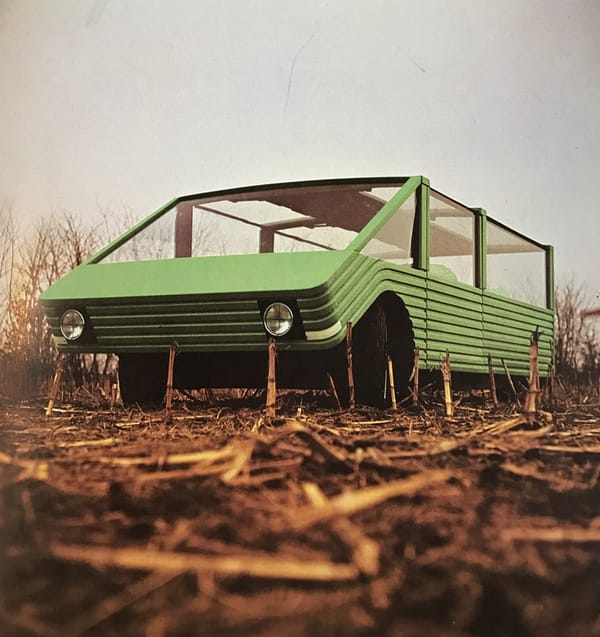
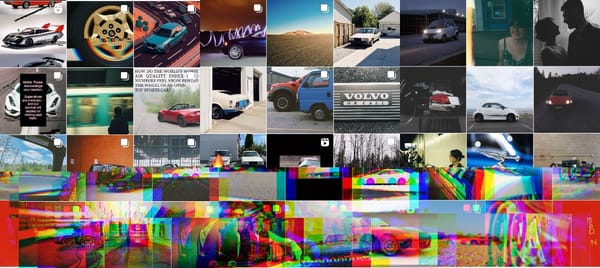
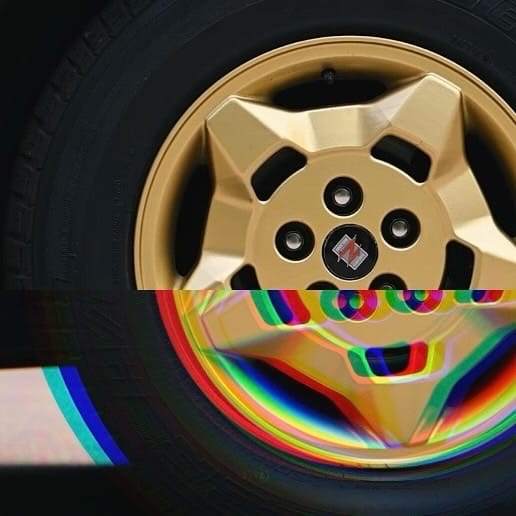


Member discussion